My last drink was an espresso martini. Not something I would usually drink, and as I sipped on this strong tasting brown froth I was acutely aware that I was only drinking this because-it-was-New-Year’s-Eve, 2017.
I was at the tail end of a very social period, with each event saturated with booze. Before, during and after each event my mind was filled with obsessive negotiations around “should I drink, how much should I drink, what would cause the ‘least damage’, and then inevitably regret and disappointment when I drank more than I had intended or at all. Why didn’t I have an ‘off’ switch??
A couple of years earlier I had experienced the liberation of complete sobriety for two whole years. Two years that had been difficult, confronting and powerfully illuminating and then at exactly the two year mark, I decided I’d see if I “could drink moderately” again…
And now here I was nursing a beautifully garnished, toxic tasting beverage that I really didn’t want. I put the glass down, went home for another alcohol influenced average night’s sleep and woke with a resolute shift within me. No more booze.
This time, the process was simpler, easier, kinder. I created a community around me, I spoke openly about my struggles and stepped into my shame. I found so many people had a very similar relationship to alcohol, and wanted to change it but didn’t know where to begin. This time I also already had a consistent meditation practice, something I believe has saved me time and time again.
A couple of years before I gave up drinking on that New Year’s Day, I had committed very seriously to a twice daily meditation practice and had found that my drinking had substantially shifted. Meditation is a powerful tool for our inner evolution. It’s now the absolute foundation of the work I do helping people reset their relationship to alcohol, as I have experienced firsthand how attuning to our inner landscape can make us deeply self-aware and support us in making the unconscious, conscious and therefore creating change.
Ways that my daily (operative word) meditation practice supported me to stay alcohol-free:
1. To Process Stress, Emotions and Triggers
Drinking used to be one of the main ways I dealt with stress or escaped difficult emotions. It wasn’t until I stopped drinking that I realised just how much social anxiety I had. My meditation practice became the place where I “befriended” these aspects of myself and cultivated a different relationship to difficult feelings and thoughts. Now, I have almost zero social anxiety and in fact look forward to situations where I sense I’m out of my comfort zone as I now see those as growth moments.
Meditation also activates the parasympathetic branch of our nervous system, and my practice became a healthy substitute for emotional regulation and managing stress.
2. Increased Self-Awareness
I believe self-awareness in the meditative sense, is a true super power. As we bring unconscious thought patterns, emotional triggers, and cravings to our conscious mind we then have the power to choose differently. We also learn about ourselves in a way that only inner practices can teach. To no longer be at the mercy of a habit or on autopilot supports a life that is purposeful and aligned.








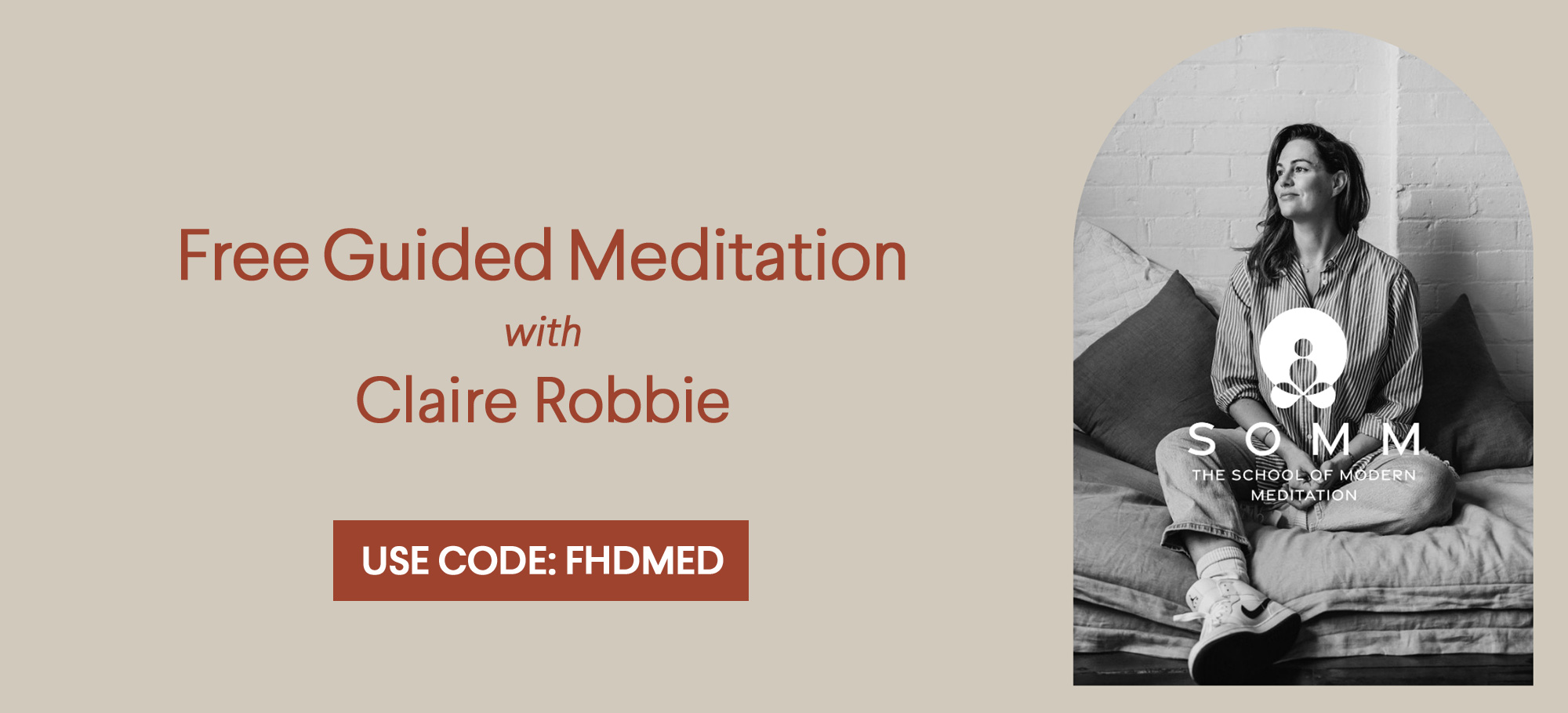
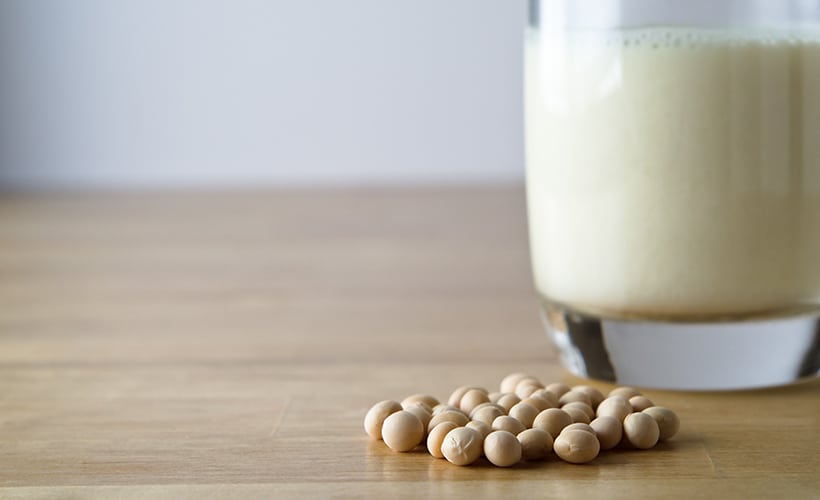
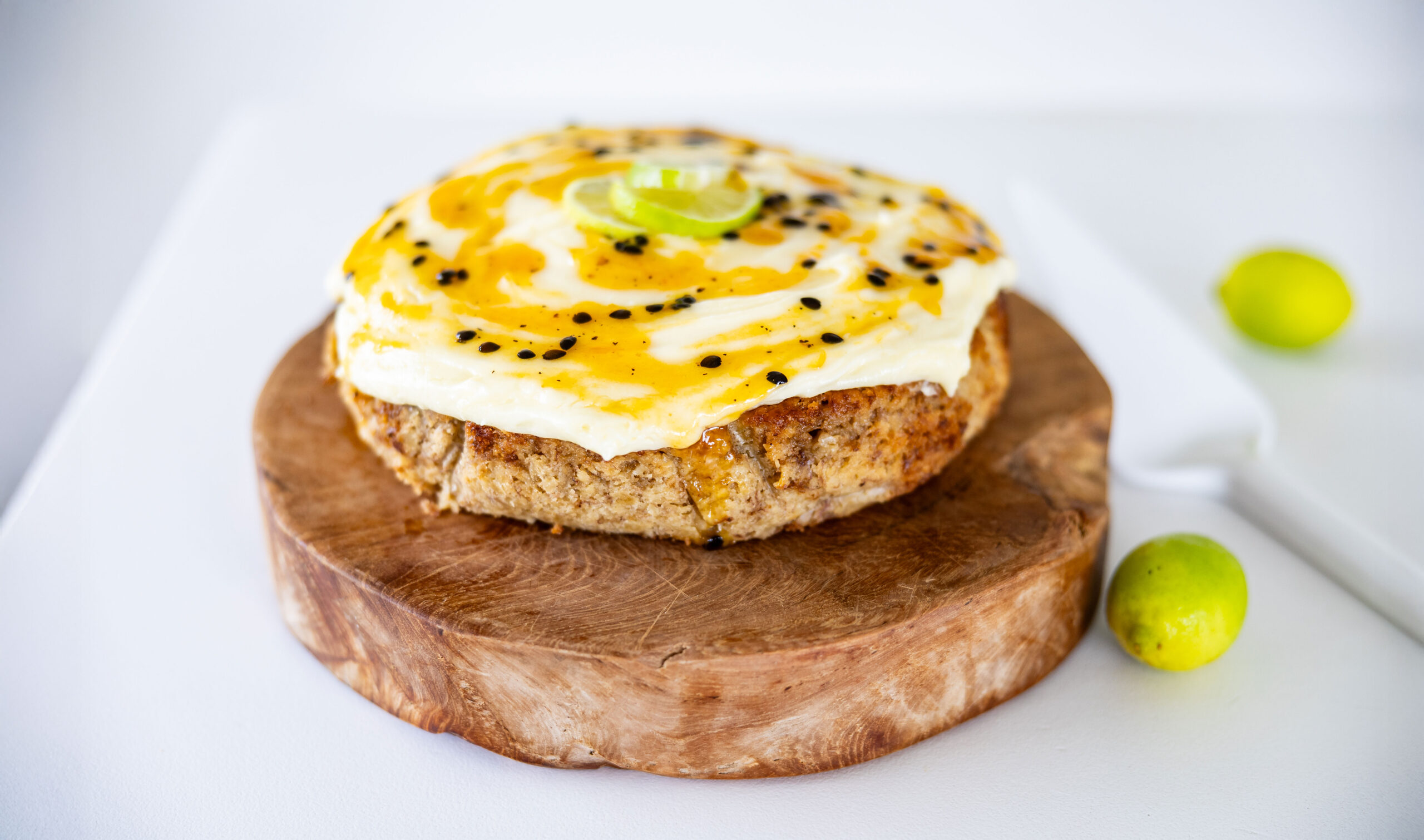
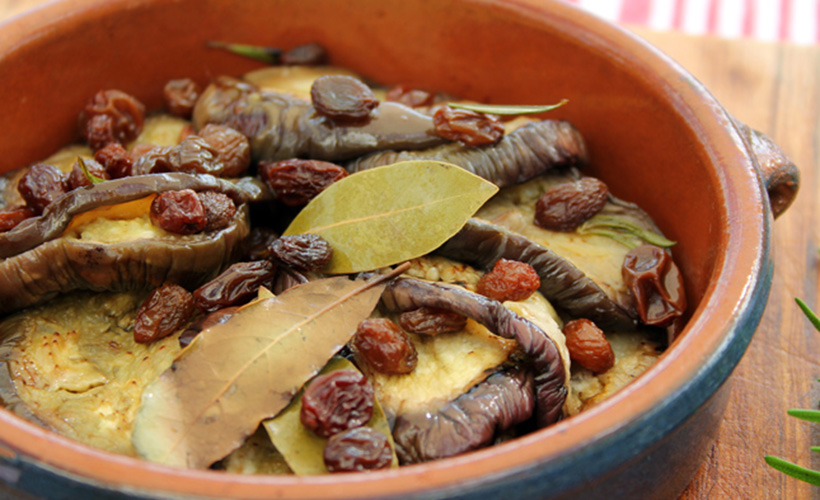
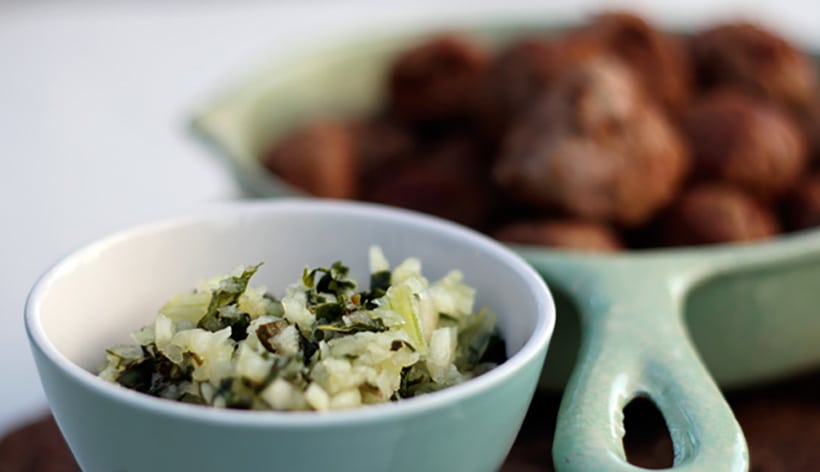


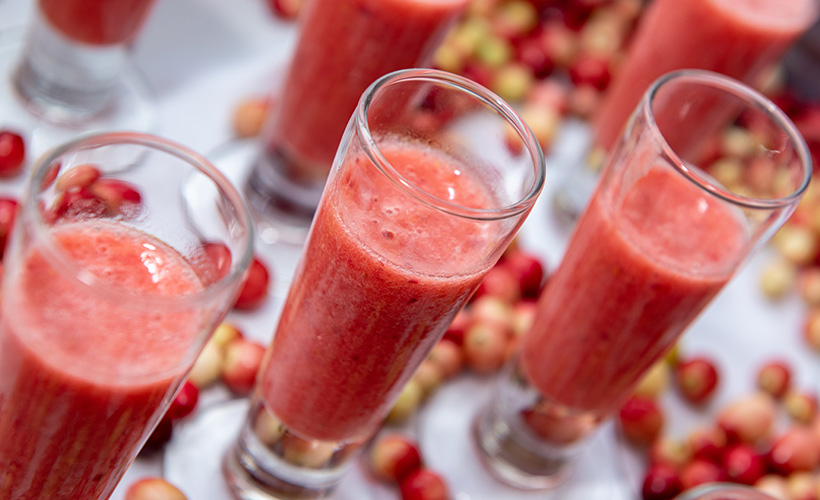
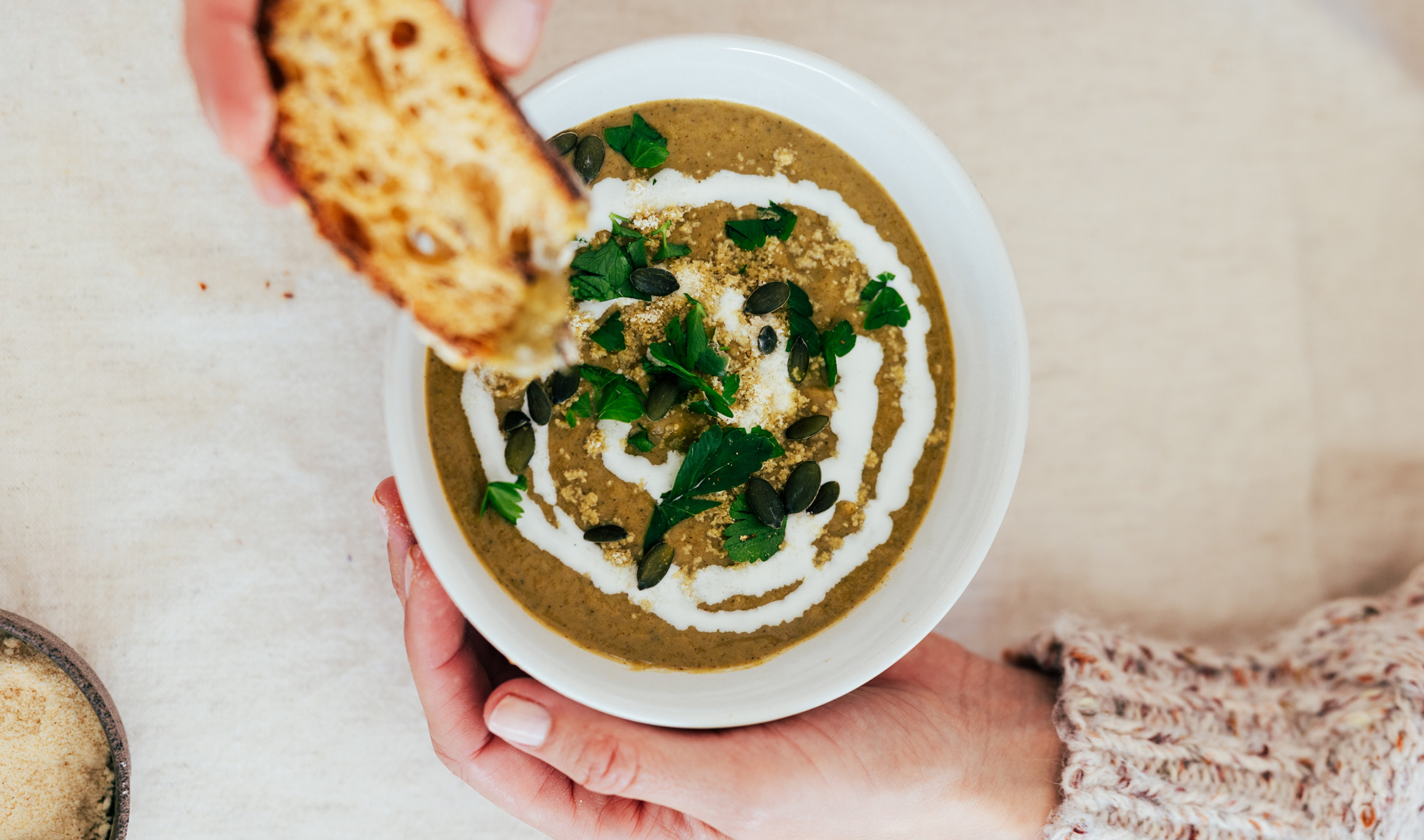
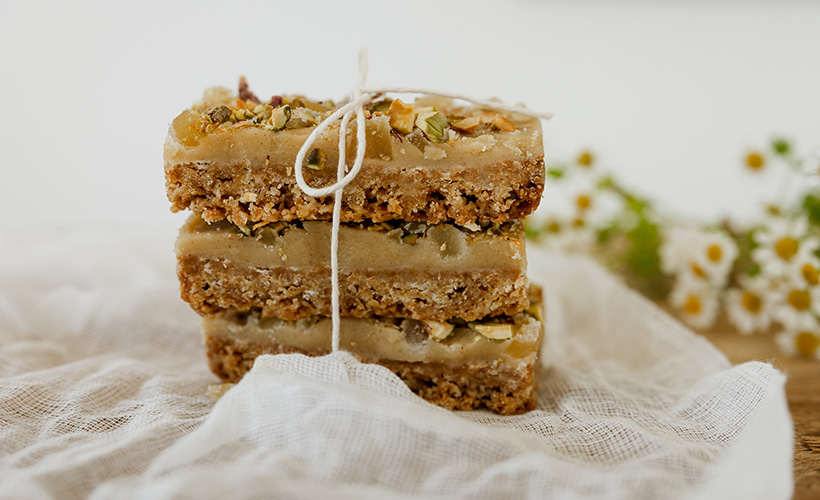

Community